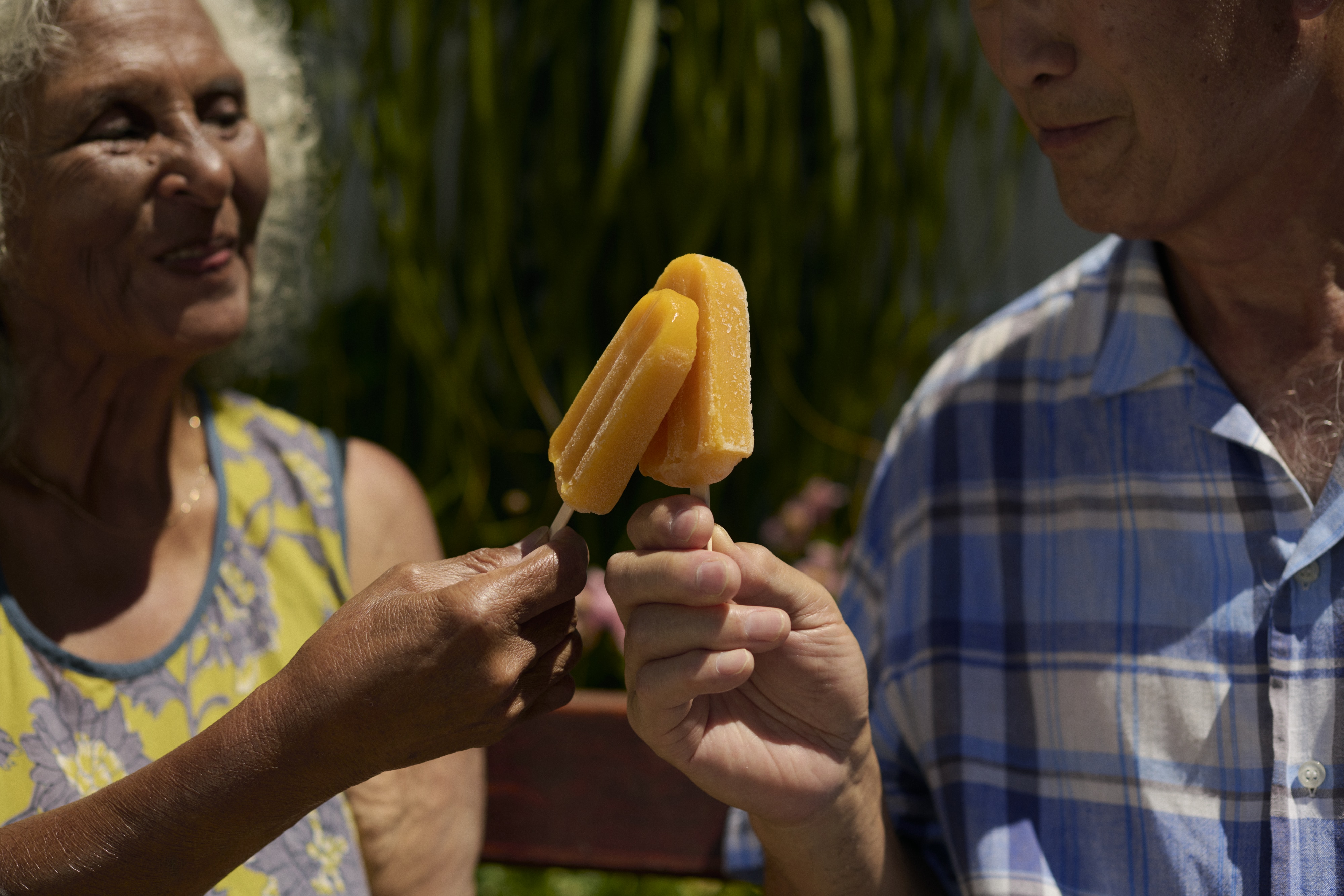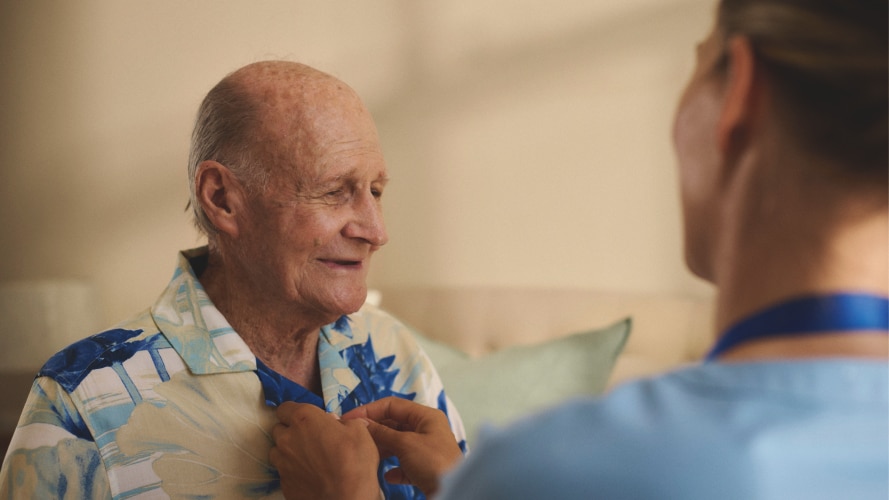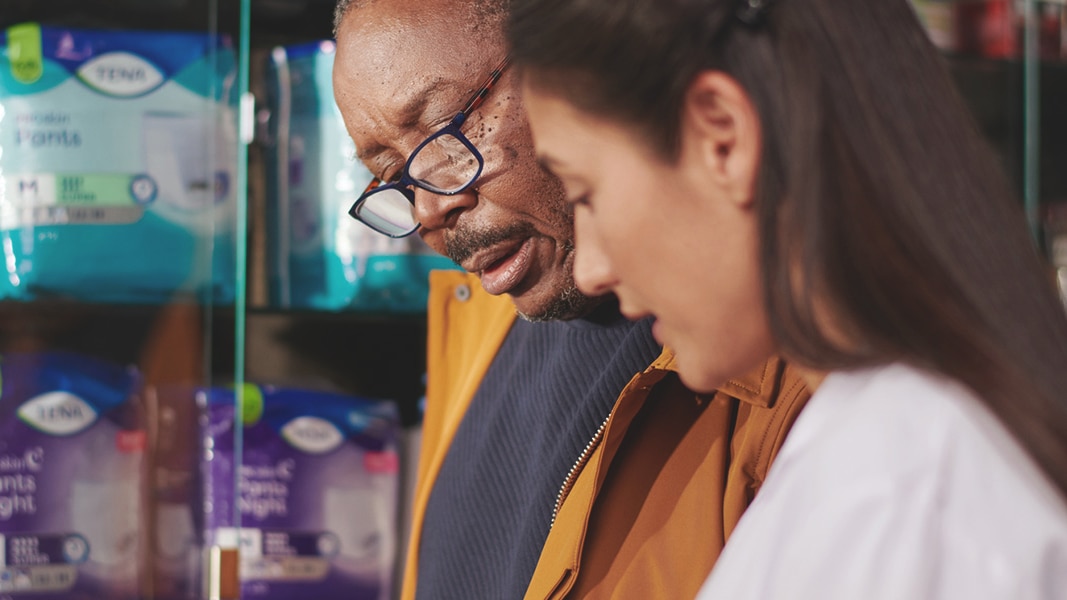The results were studied using interviews with residents, caregivers and heads of wards, as well as diaries registering the frequency of each pad change for seven days and nights, before and after the introduction of TENA products.
Resident well-being
- Residents who were very satisfied with their incontinence protection increased from 46% to 55%
- Residents who said their incontinence protection was comfortable increased from 39% to 69%
- Residents who found that they were successfully helped to manage their incontinence increased from 39% to 69%
Working atmosphere
- Easier changing of protective products resulted in an increase of free time by 33%
- Staff found TENA Flex easier to change and felt it improved their working posture. Pad changing that previously required two caregivers could now be managed by one
- Fewer leakages also meant that the amount of laundry was reduced
The environmental impact
- Consumption of incontinence protection was reduced by 20%
Conclusions
Overall, it was found that TENA’s holistic and integrated approach to continence care improved:
- The well-being and quality of life of residents
- Staff motivation, competence and job satisfaction
- Cost savings on time spent changing pads and bedding, laundry, cleansing, and skincare regimens
Furthermore, the study found that:
- Incontinence pads are only part of overall best-practice for continence care
- Individualized continence care can reduce cost
- There is room for improvement in staff knowledge and competence, optimizing continence care, and economy















